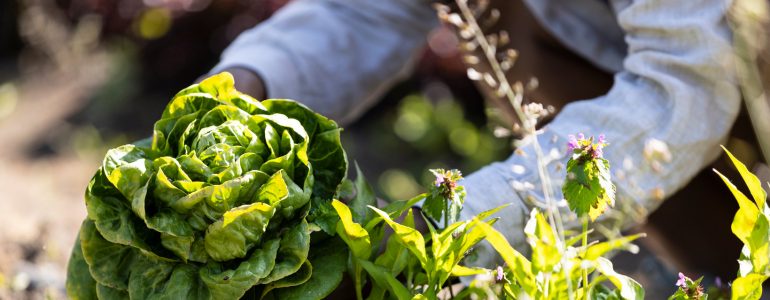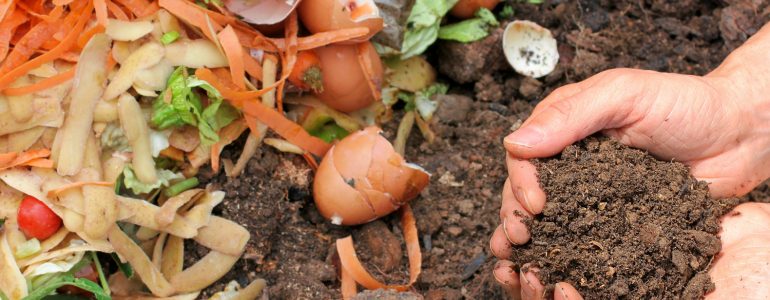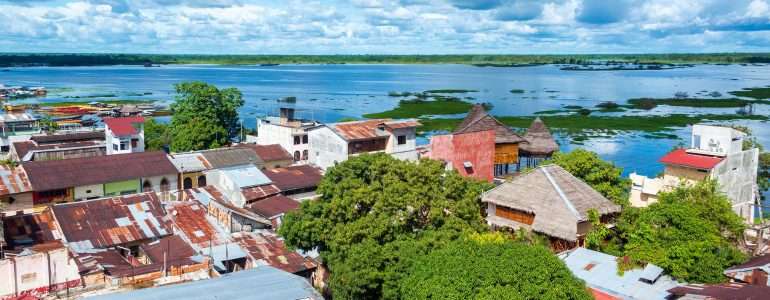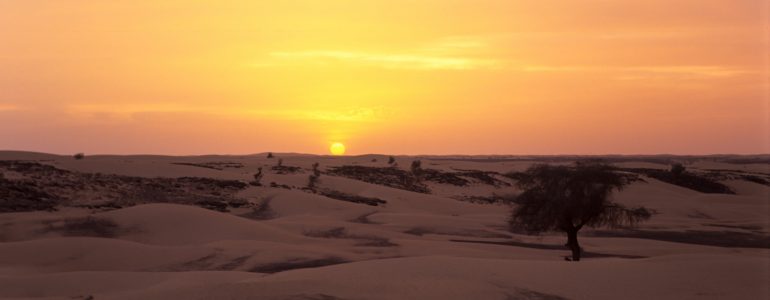Cohort 5 Projects
The EarthLab Innovations Grant Program was launched in 2019 to fund actionable environmental research. The 2024-25 EarthLab Innovation Grants program received 33 high-quality letters of intent to apply for research grants at the intersection of climate change and social justice. In total, 12 full proposals were submitted and evaluated by an 10-member review committee that included faculty and staff from several disciplines and community members from outside the UW. The following programs were each awarded up to $80,000 to generate equitable and actionable science and knowledge that make a positive impact on people and communities. The award period lasts 18 months and final products are due by September 25, 2025.
In the Hands of Future Generations: Tribal Youth and UW Students Responding to Climate Grief through Restoration Action, Research, and Video Storytelling
This project focuses on climate grief amongst Indigenous and non-indigenous youth. This project expands an ongoing collaboration between the University of Washington and Chief Leschi Schools to include non-governmental, government agencies, and the Nisqually Tribe. Students will come to better understand their climate grief. Indigenous youth will learn about their culture and roles as environmental stewards. Through various creative workshops leading to food forest restoration projects on two Indigenous land sites, youth leadership and intercultural education will be fostered. A video will be created about this process and disseminated widely. Multiple methods will be used to assess how this process and outputs impact youth climate grief. Masters theses will lead to a peer reviewed journal article.
Catalyzing Just Circular Communities: A Feasibility Study of a Large-Scale Anaerobic Biodigester to Generate Hyper-local, Community-Owned Clean Energy Infrastructure in Seattle’s South Park
The Just Circular Communities (JCC) collaboration is a community-initiated movement to develop community-envisioned, owned, and managed hyper-localized circular economies for Frontline communities. Such circular systems and infrastructure have the potential to address systemic displacement, economic stagnation, and resilience in communities that experience the worst effects of climate change through material recovery that maintains local resources and place-based employment. One example of a resource recovery infrastructure is an anaerobic biodigester. By converting food waste into probiotic plant food and clean energy in the form of biogas for fuel and/or electricity, a biodigester can serve as a catalyst for a community-scale circular economy that supports a shift away from fossil fuels and privatization of essential goods and services and toward shared resources and community-benefitting infrastructures. This project engages in a feasibility study of a large-scale anaerobic biodigester for the South Park neighborhood of Seattle. Our transdisciplinary team includes a novel mix of designers, engineers, planners, and economists that will collaborate with existing community partners in South Park to ensure the project aligns with community visions.
Fish, Fire, Food, and Floodplains: Healing Place and People
It’s all connected, and it all starts with water. That’s how Klamath Tribal members with the Ambodat Department summed up the motivation for this project. Ambodat is the Klamath word for in, at, or on the water. Water shortages, toxic algae, federally listed endangered sucker fish, vulnerable salmon returning after long-sought dam removal, and on-going degradation of habitat for other first foods all threaten the resilience of those dependent on the ecosystems of the Upper Klamath Basin in south central Oregon. These challenges result, at least in part, from more than a century of imbalance in land use practices, including fire suppression and water diversion, that favor short-term profits and industrial agriculture.
Healing Amazonian Soils with Science and Indigenous Artisanry: Implementing Community-Based Composting System in the Urban Amazon
Composting is a core climate change adaptation and mitigation strategy in major cities, yet experiences are limited in low- and middle-income countries. Iquitos, a city with half a million people in the Peruvian Amazon, faces significant waste management challenges, with 60% of its waste being organic and compostable. A multidisciplinary team from the University of Washington, Peruvian researchers, young activist residents of Iquitos, and the Kukama Indigenous community aims to design and implement a city-wide composting system. Using a “design thinking” approach, the team will gather community insights, experiment with composting systems, and conduct co-creation sessions with residents and the Kukama community. Traditional Kukama pottery art will inspire the design of compost bins. A pilot program in 30 households will provide compost bins, supplies, and training, with performance assessed over eight months. Results will be shared in seminars, and the partnership will continue to develop a long-term vision for city-wide implementation.
Life, In Spite of It All: Water, Wetlands, and Reclamation in a Changing Climate
This project centers on the Haalpulaar’en community of Khareirat in southern Mauritania and their relationship with the Tambass wetlands, which covers 4,400 acres. Amidst increasing climate instability, the wetlands, which provide essential flood control and water storage, were drained, endangering the community’s primary water source. The project, co-designed with local partners, aims to restore water flow to Tambass while highlighting the community’s resilience. A documentary film, created with Oscar-nominated filmmakers Aberrahmane Sissako and Kessen Tall, will explore the community’s efforts to adapt. Additionally, a wetlands map integrating scientific and local knowledge will support a pilot water monitoring app. Historical analyses will guide restoration plans, and scientific capacity-building will empower community self-advocacy and planning. All project activities aim to embody the mutually enriching potential of actionable humanities and science – as forms of reclamation and “repairing the world,” recurrent themes in African art, performance, storytelling, and being in the world.




